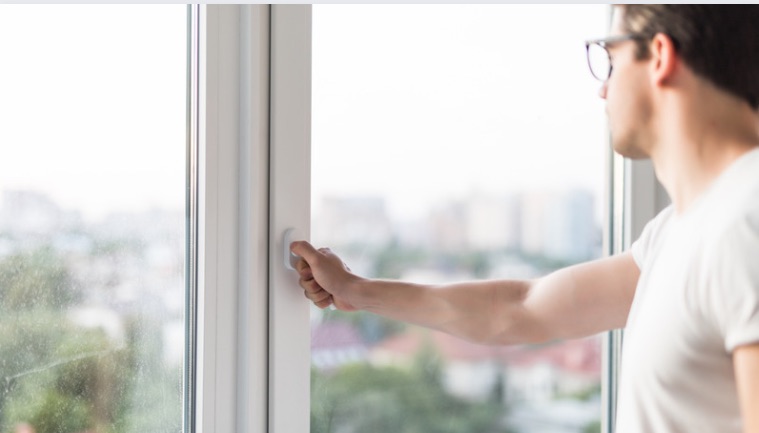
Do you know that outdoor air pollution is just a part of the problem as air pollution is also indoors, inside our houses? We spend most of our daily hours inside our homes and are 13 times more exposed to air pollution indoors than outdoors.
Meena, a housewife and a mother of two, lived with her small family in Delhi. She was well-educated and kept herself up to date with news and what was happening worldwide. She knew that the city they lived in was highly polluted. Air pollution is increasing day by day, and Delhi is roofing up the charts.
Meena or any member of his family took air pollution seriously and took extra measures every day. None of the family members ever got ill due to any side effects related to indoor air pollution.
How?
They actively worked towards reducing indoor air pollution.
You might wonder what indoor air pollution is and if it is even in your house. Let’s educate you a bit about indoor air pollution.
Oh, wait. We will let Meena and her family do it.
Meena says, Indoor air pollution, a type of air pollution, is the presence of harmful air pollutants inside and around your house. According to a study, indoor air pollution is ten times more toxic than outdoor one.
Talking about the sources of indoor air pollution in India, some of them are building materials(paints, wood flooring), combustion, pesticides, volatile organic matter, tobacco smoke, burning of fuel during cooking and heating, excess moisture, etc.
Indoor air pollution is more severe than outdoor air pollution as we spend more time indoors where the pollutants don’t have the space to fade. Instead, they constantly group and stay around us, affecting our health.
Meena’s Husband is surprised by the deaths that are caused due to the effects of indoor air pollution. He says around 2 million premature deaths are caused by it, out of which 44% are due to pneumonia, 54% from COPD, and 2% from lung cancer.
He adds that some of the complications caused by indoor air pollution are:
- respiratory illnesses
- low birth weight
- Stillbirth
- Nasopharynx cancer
- Larynx cancer
- Lung cancer
- Leukemia
Does this mean we are even safe indoors? Maybe. Maybe not.
It takes us to the importance and urgency of knowing what we should do to reduce indoor air pollution and stay safe.
Meena’s daughters are in college, and one is an environmental studies student. When she learned about the dangers of air pollution in her home, she quickly educated her family and made some changes.
Let’s hear from them.
Meena’s daughters recommend some safety measures to reduce indoor air pollution in India. These include:
1. Changing fuel gas: Burning fuel during cooking in India is the primary source of indoor air pollution. In India, most low-income families still cook using burning cow dung, wood, leaves, and charcoal. It causes direct health effects and is not recommended by the Indian government. It is why PM Narendra Modi launched a Ujjawal Yojna to encourage using liquified petroleum gas in houses in 2016.
2. Modify Cooking stove: Avoid cooking on leaky stoves and switch to efficient, smokeless ones, and have a chimney attached. A chimney will let all the inside smoke go outside and not affect your health.
3. Pay attention to ventilation: Take care of ventilation in your house during construction. The home should have good cross ventilation to let all the air pollutants pass out.
4. Spreading awareness: Understanding these measures and telling them to your friends and families is essential to make a change at a community level.
5. Install an air purifier: if the air quality inside your house is bad. You can also get some indoor houseplants that are air-purifying.
Meena and her family adopted these changes a while ago. It is why they were able to reduce air pollution and stay fit. As an Indian reading this blog, you might ignore or don’t believe that your house might be affected by air pollution.
We have stated facts in this story, educating everyone about how they can reduce indoor pollution. We leave the rest up to you. Will you give it a thought and actually follow these measures?








Leave A Comment
Your email address will not be published. Required fields are marked.